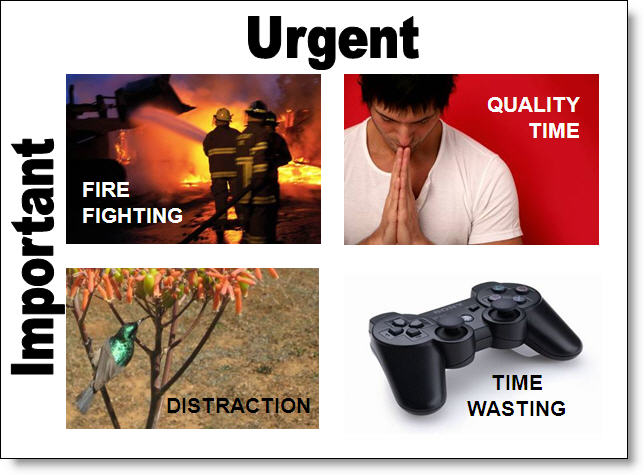There are several common roadblocks to self care:
-For others self-esteem or value is hindering.
-Guilt is a very common roadblock. For using time on self.
-Perfectionism can have a reverse effect in self-care, the lies is that if we cannot do it perfectly, there is no sense in trying.
-A major myth is that self-care is in definition. What is self-care? Why care? Self-care is holistic. Some people get caught up thinking it is one thing or another and end up neglecting something obvious.
-The Questions of what to do first? Who to listen to? What is the best thing to do? How do I do it?
-Fear of failure. Fear of success. Fear of commitment. Fear of taking the first step....
All of these and others are things to look-out when beginning or continuing on in the path of self-care. One of the most difficult things for a busy individual is motivating them to spend time that is not "productive." God created us to be productive and being productive is a good thing. Remember though, that God also created us to be healthy and live a balanced life. It can be tough for some people to find a hobby or a distraction because they want to live so obsessed with making money or making a lasting impression, that having a hobby seems out of the picture. But the truth is having a hobby can be productive and altruistic. It can make you a better person and a better worker. There are countless amounts of organizations and volunteer opportunities that are worthy!
-A major myth is that self-care is in definition. What is self-care? Why care? Self-care is holistic. Some people get caught up thinking it is one thing or another and end up neglecting something obvious.
-The Questions of what to do first? Who to listen to? What is the best thing to do? How do I do it?
-Fear of failure. Fear of success. Fear of commitment. Fear of taking the first step....
All of these and others are things to look-out when beginning or continuing on in the path of self-care. One of the most difficult things for a busy individual is motivating them to spend time that is not "productive." God created us to be productive and being productive is a good thing. Remember though, that God also created us to be healthy and live a balanced life. It can be tough for some people to find a hobby or a distraction because they want to live so obsessed with making money or making a lasting impression, that having a hobby seems out of the picture. But the truth is having a hobby can be productive and altruistic. It can make you a better person and a better worker. There are countless amounts of organizations and volunteer opportunities that are worthy!
There are three parts of happiness:
1. Being good (Your own self-care in health, happiness, character, personal growth, etc)
2. Doing good (Full effort, productivity, high quality and hard work, etc)
3. Creating good (This is our volunteering/giving back/paying forward, etc)
1. Being good (Your own self-care in health, happiness, character, personal growth, etc)
2. Doing good (Full effort, productivity, high quality and hard work, etc)
3. Creating good (This is our volunteering/giving back/paying forward, etc)
To be fully healthy and happy you need all three aspects. So
finding a hobby is so essential for creating good as well as in living a balanced life.
Suggestions for Creating Good:
1. It could be service-driven
activity that builds into the community, Volunteering at a church ministry, a
kitchen soup, food pantry, homeless shelters,
health clinic, service project groups: like Lions Club, Eagle Club,
Kiwanis Club, Habitat for Humanity, Big Brother/Big Sister....the list goes on
and on
2. It could be something that
you enjoy doing, a passion or art. And contributing it to the community....book
club, writing a book, playing in a band, leading worship at church, writing
music, creating a coffee house event or do poetry readings, or other art/dance.
3. It could look different
for everyone. It may not be your typical art or service project. It could be
volunteering at a gym or working at YMCA
and offering yoga, martial arts, gun safety classes, presenting research data, this could look like something
very practical and tangible in information or in actual practice.




